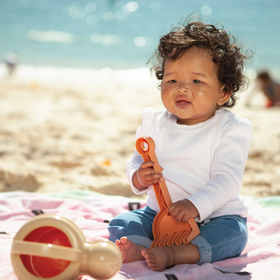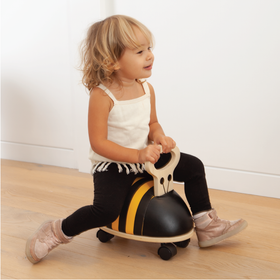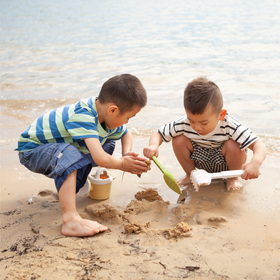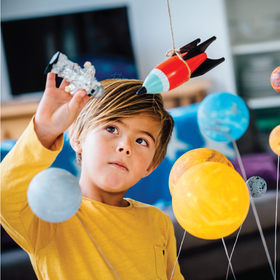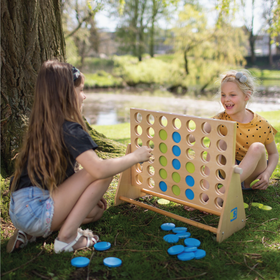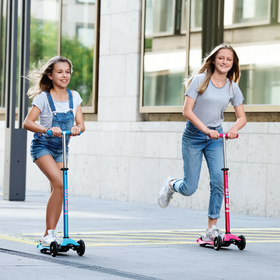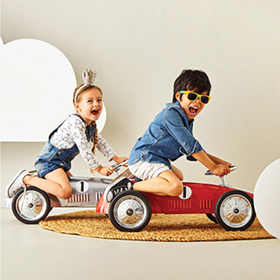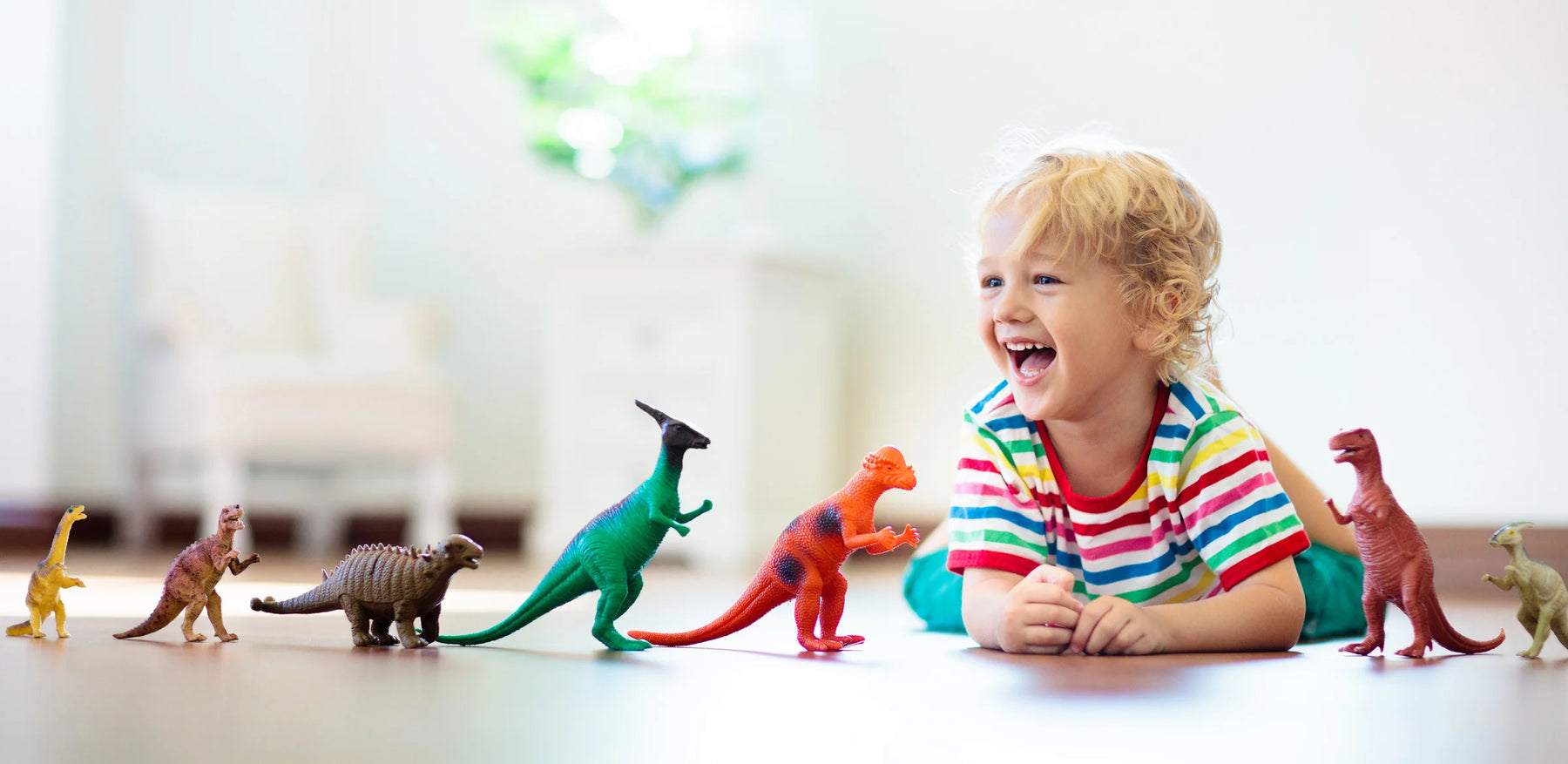
The Benefits of Playing with Toys
More than just fun and games, children’s toys play a critical role and have been directly linked to the development of cognitive, motor, psychosocial, emotional, and linguistic skills in growing kids!
Despite all the evidence and research backing the advantages of children's toys, there are still those who see toys and playtime as mere ways to pass the time. However, they should be recognized for what they are - activities that enhance brain development!
In their early years, children are like sponges, effortlessly absorbing and learning about the world around them. Picking up skills and concepts primarily just through observation alone! While some toys may seem futile or trivial, they impart valuable life lessons and skills to your children. For example, through play, children learn how to communicate, share, collaborate, resolve conflicts, understand cause and effect, as well as develop their language and numerical skills.
The rise in screen time has caused a decline in creative play over recent years, that's why toys play an even bigger role in shaping the foundations of children's lives. Still not convinced? Some advantages that toys can bring to the table are as follows:
Develops human senses
Sensory toys play a crucial role in stimulating their senses and aiding in their cognitive development. These toys come in a variety of shapes, textures, and colours, providing children with opportunities to explore different sensations and engage in interactive play. Teaching them how to utilize their sight, hearing, smell, taste and touch.
Musical instruments can enhance their auditory senses, while play dough, squishy toys and sand offer tactile experiences that stimulate their sense of touch. Developing their senses and allowing them to better navigate their way through life as they grow.
Problem-solving skills
By engaging in puzzles and brain teaser games, kids are able to sharpen their minds, enhance their memory, and concentration and boost their tactical and critical thinking. Additionally, such games promote a sense of accomplishment and self-confidence when successfully completing a challenging puzzle.
Creative thinking
By using crayons, paints, and various crafting materials, children can express themselves freely and without limitations, providing materials and room for their imagination, creativity and innovation to flourish. Engaging in these activities not only allows children to develop their fine motor skills and hand-eye coordination but also helps them learn important concepts such as colours, shapes, and textures. Additionally, arts and crafts are an exemplary way to explore and express emotions.
Emotional development & relatability
By engaging in activities like dress-up, role-playing, and playing with dolls, children have the opportunity to explore different roles, scenarios, and emotions. These types of toys encourage imaginative play, which is crucial for developing social skills and emotional intelligence. Through pretend play, children can learn how to navigate social interactions, understand different perspectives, and express their feelings in a safe and creative way.
Dress-up games allow children to experiment with different outfits and personas, helping them understand the concept of self-expression and individuality. Overall, these types of toys not only provide hours of fun and entertainment but also serve as valuable tools for enhancing children's social and emotional development. Encouraging children to engage in these activities can help them build confidence, empathy, and resilience, setting a strong foundation for healthy relationships and emotional well-being in the future.
Evidently, all sorts of toys from dolls, blocks, and puzzles to slime, all provide and unique and enriching learning experience for your little ones to become a brighter child. Shop our range of educational toys in stores or online.

